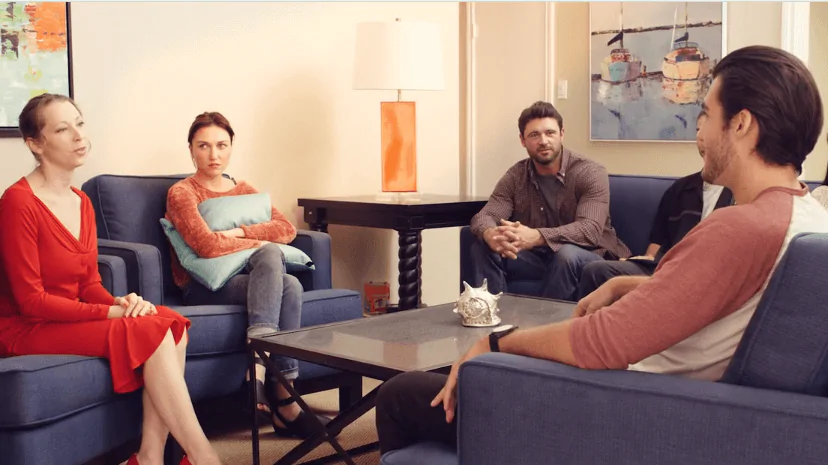24/7 Helpline:
(866) 899-111424/7 Helpline:
(866) 899-1114
Learn more about Depression Treatment centers in Palm Beach
Depression Treatment in Other Cities

Other Insurance Options

Humana

Health Partners

Oxford

Covered California

Regence

Excellus

Self-pay options

CareFirst

Choice Care Network

Private insurance

Sliding scale payment assistance

MVP Healthcare

Health Net

WellPoint

Health Choice

GEHA

Access to Recovery (ATR) Voucher

WellCare Health Plans

Anthem

Molina Healthcare

Family First Adolescent Services
Family First Adolescent Services is a private rehab located in Palm Beach, Florida. Family First Ado...

Futures Recovery Healthcare
Futures Recovery Healthcare, located in Orlando, Florida, provides evidence-based alcohol and drug r...

Bradley Van Hoek Psychotherapy
Bradley Van Hoek Psychotherapy is a private rehab located in Palm Beach, Florida. Bradley Van Hoek P...

Q Health
Q Health provides expert behavioral healthcare to adolescents, adults, and older adults across the c...

The Recovery Village Palm Beach at Baptist Health – Outpatient
The Recovery Village Palm Beach at Baptist Health delivers comprehensive alcohol and drug rehab serv...

















